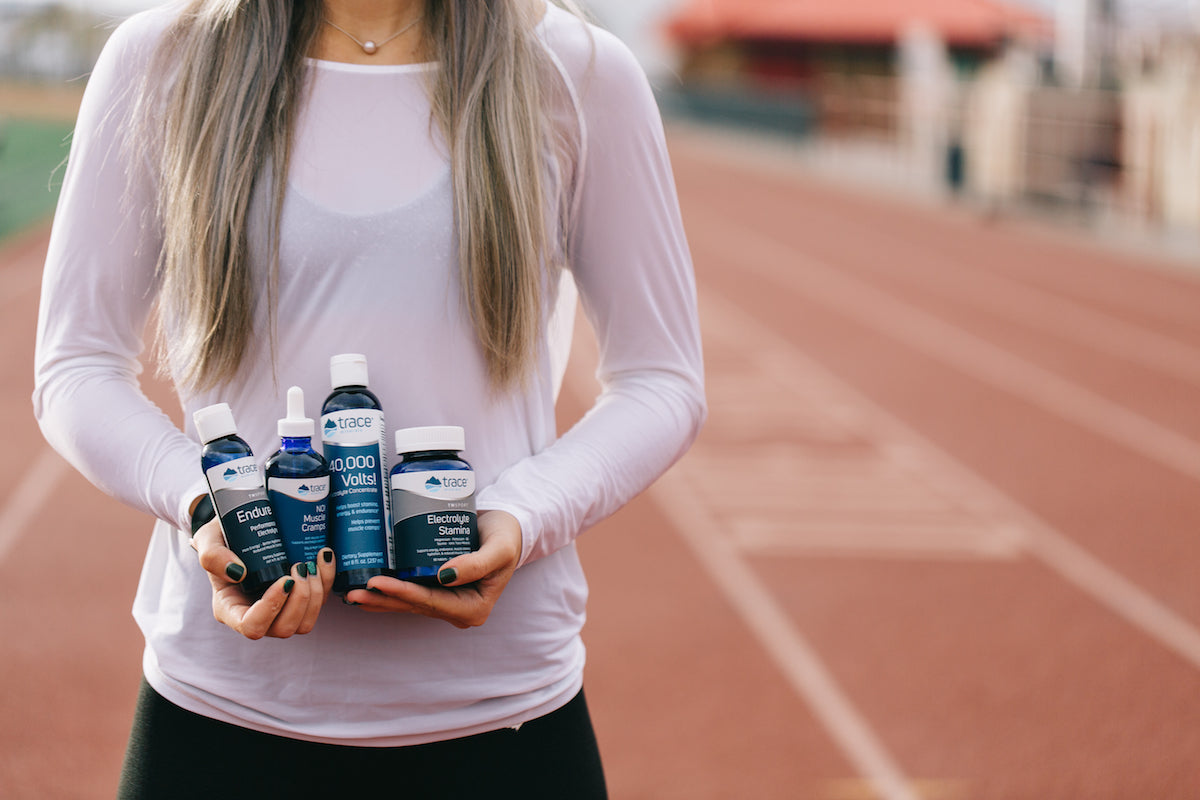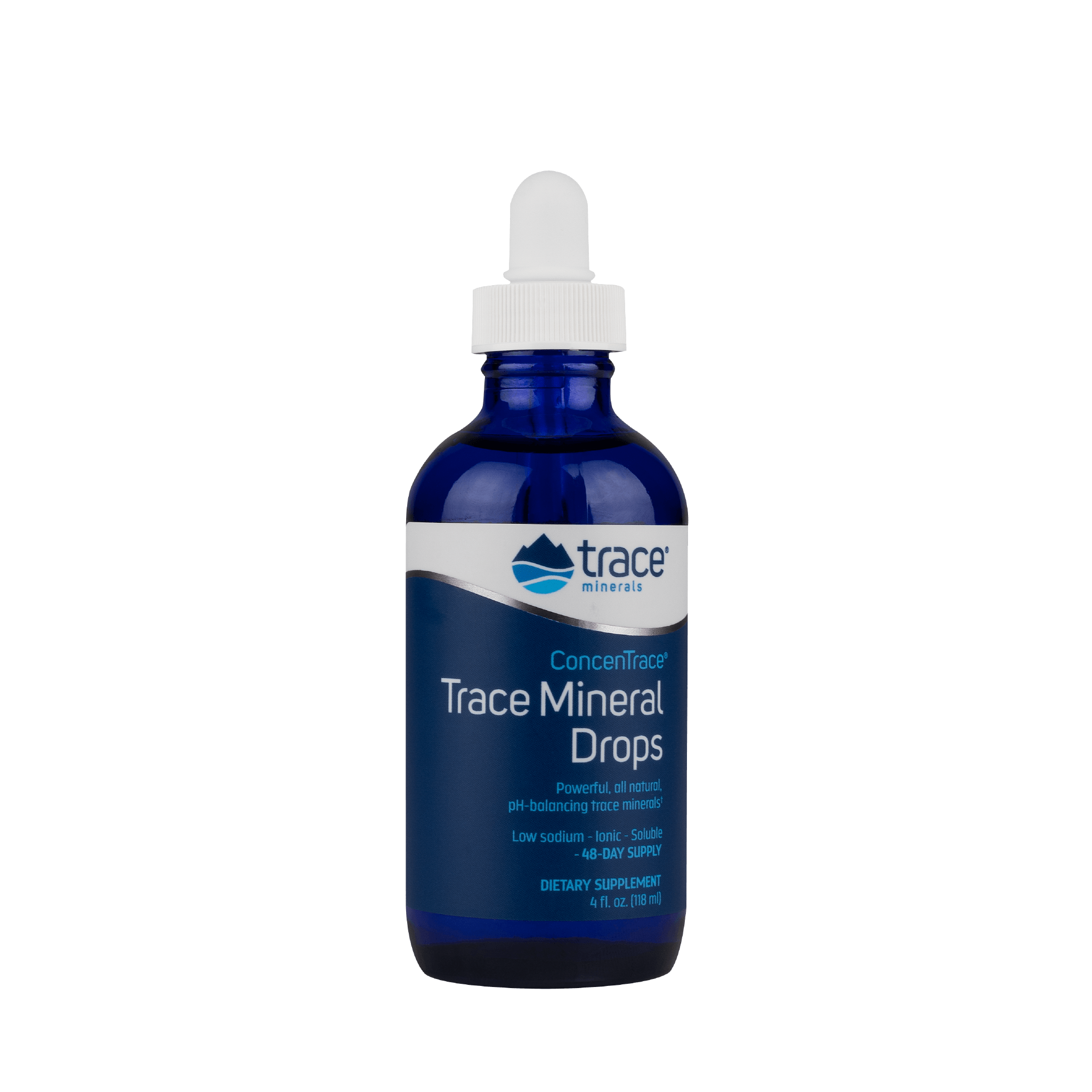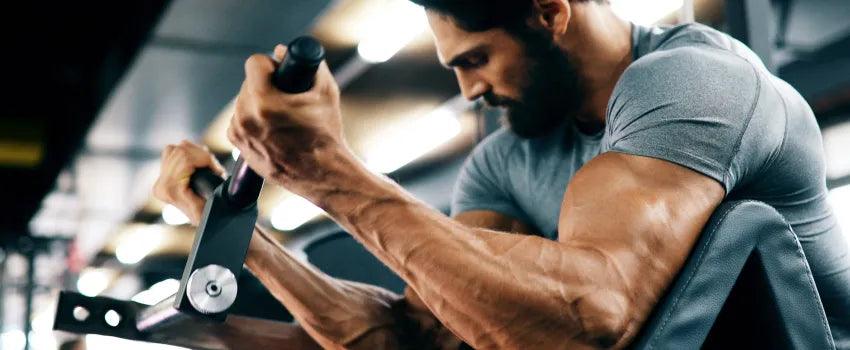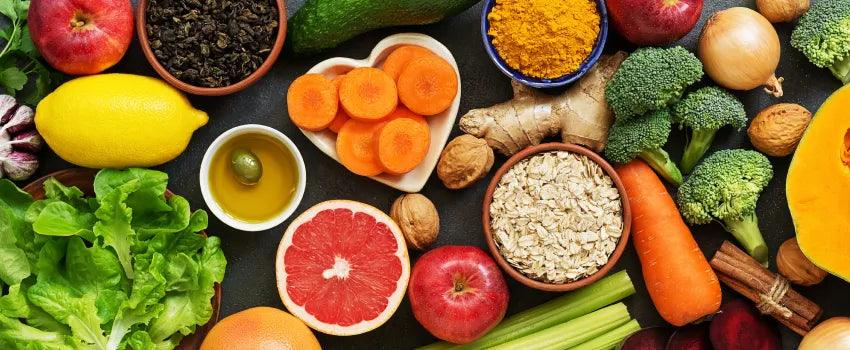If you are expecting, then you will want to do whatever you can to make sure that you are getting the right nutrients for your baby. If you want some help with that, or if you want to gain a better understanding of the vitamins that have been suggested to you, then this guide will help you to find out everything you need to know. Getting a daily dose of essential vitamins is one of the best things you can do to support your growing baby, not to mention that it can also lower your risk of developing gestational diabetes and even preeclampsia.
Calcium
When you look at the human body, you will see that calcium is one of the most abundant minerals. 99% of calcium is stored in bones and teeth. When you become pregnant, you need to make sure that you are getting enough calcium. Your growing baby will get all of the calcium they need from your body, so if you are not getting enough, your body will leach it from your own teeth and bones. This can make you far more susceptible to conditions such as osteoporosis. So how much calcium should you be getting? Ideally, it’s around 1000mg a day, if you are over the age of 19. If you’re under, then you should be looking at around 1300mg. Orange juice, tofu, salmon and leafy greens are all ideal for those who want to boost their calcium intake. Yoghurt, cheese and milk are also great.
Folic Acid
Folic acid isn’t just important in the early days. It is also important throughout your pregnancy. It plays a huge role in the production of blood cells, and it also supports the development of your baby’s brain and spinal cord. The great thing about folic acid is that it helps the body to break down protein. It also aids with the creation of DNA, and this is imperative to your baby’s heart development. A lot of defects occur within the first few weeks of pregnancy, and if you take it throughout your pregnancy, then you may find that you have a lowered risk of preterm birth and heart defects. Ideally, you should be taking 400mcg a day. Oranges, green leafy vegetables, cauliflower and kidney beans are all ideal sources of folic acid.
Iodine
Iodine is a trace element, and it is often found in food. It does play a huge role in the development of the brain as well as in the creation of thyroid hormones. So why do you need iodine in pregnancy? It’s one of the most important minerals and it is also helpful when it comes to maintaining the thyroid. Iodine deficiency is actually one of the top preventable causes when it comes to intellectual disabilities. Ideally, you should be consuming around 22mcg a day, but no more than 1,100mcg. If you want to eat more foods that are rich in iodine then focus on baked cod, milk, eggs, cheddar cheese and tuna.
Iron
Iron is essential during pregnancy. It is part of the protein that makes up hemoglobin and this is found in red blood cells. It is tasked with transferring oxygen from the lungs and other tissue, and it has a huge part to play when it comes to general cell functioning and connective tissue. It is normal for you to be tired during your pregnancy and a lot of this comes down to the fact that your body needs more iron. So how much iron do you need? Ideally, you need to be taking around 27mg a day. Foods rich in iron include beef, eggs, spinach, kale and chicken.
Magnesium
Magnesium is essential as it helps with the regulation of nearly every system in your body. It works with calcium to contract and relax muscles. So why do you need more of it during pregnancy? Magnesium helps to strengthen your baby’s bones and teeth. It also helps to regulate insulin and it controls your blood sugar levels too. If you happen to be deficient in magnesium, then you may feel like you lack muscle strength and that you feel fatigued. You should be taking around 350g a day. Some foods that are rich in magnesium include peanuts, almonds, peanut butter and avocado.
DHA
Pregnant women should be taking at least 200mg of DHA before pregnancy, as well as during and after. A lot of prenatal vitamins contain the generally recommended dose of 200mg. So, what happens if you have a DHA deficiency? Research is limited here but it has been suggested that if you do not have enough DHA in your body, then this can compromise fetal development and it can also cause preterm birth. DHA can be found in supplements, but it is also present in salmon, sardines, herring, and mackerel.
Omega 3
These healthy fats help to fight a lot of inflammation. It can also reduce blood pressure while also increasing HDL, which is good cholesterol. When it comes to your baby, you should know that omega-3 helps to sustain the health of the heart as well as the immune system, the brain, and the eyes. Research has shown that if you do not get enough of this, then you may experience mood swings and you may also be at risk of a low birth weight. You should be taking 650mg a day, as well as 300mg of DHA, as listed above. The best omega-3 fatty acids would include walnuts, canned tuna, grass-fed beef, anchovies, trout, and cod.
Ionic Fulvic Acid
The best thing about ionic fulvic acid is that it helps to support various healthy functions in your body. It can help you with your digestion and it can also help you to maintain a good PH balance too. it can help you to stay hydrated and it can support enzyme activity.
Vitamin C
Vitamin C is a water-soluble vitamin, and it is used to help make bones, tendons and cartilage. The human body cannot make this vitamin naturally, but it can work wonders for your baby. If you have low levels of Vitamin C, then you may find that you cannot absorb enough iron. It can also help you to bolster your immunity, so it is vital that you keep this in mind. You should be aiming to get around 85mg a day. The best foods would include red bell pepper, sweet potato, grapefruit, oranges, broccoli and even strawberries.
Vitamin D
Vitamin D is fat-soluble, and it is produced in the skin whenever it is exposed to UV rays. It helps the body to absorb calcium and it also maintains normal mineralization within the bones too. It can help you with your immune system and it is ideal if you want to limit inflammation. So why do you need it during pregnancy? Vitamin D helps you to absorb calcium and it also helps your baby’s bones to form. The suggested amount would be around 600 IU a day. Just make sure that you have a chat with your doctor as they can give you a more accurate number depending on how far along you are in your pregnancy. Some of the best foods would include canned sardines in oil, eggs, almonds, and carrots.
Vitamin E
When it comes to prenatal nutrition, Vitamin E is so important. It helps you to protect your body’s cells from any kind of damage that may be caused by free radicals. This can include cigarette smoke, pollution and even UV rays from the sun. You need Vitamin E during your pregnancy as it helps your body to form red blood cells. Vitamin E deficiency isn’t common in healthy adults but when you are pregnant it is more essential as it can stop you from developing preeclampsia. So how much Vitamin E do you need? You need around 15mg ideally. You should be getting this if you consume eggs, spinach, leafy vegetables, and seeds.
Conclusion
Taking the right amount of vitamins when you are pregnant is essential. If you do not get the right amount of vitamins, then you may find that your own body starts to lose out. The main reason for this is because the baby will leech vitamins from your body to support their own development. This can leave you feeling far more tired during the day, and it can also cause you to experience more mood swings and general depression. If you take a solid prenatal vitamin however, then this can help you to make sure that you are not allowing this to happen, and that you are getting the right amount of everything. Trying to take everything separately is not a good idea as you may find that you are not able to balance it all and you may end up taking more of one product than you realize. For this reason, a well-balanced prenatal vitamin is the way to go if you are expecting. Taking one when you are trying to conceive is also a very good idea, as it gives your baby the boost it needs.





Leave a comment
This site is protected by reCAPTCHA and the Google Privacy Policy and Terms of Service apply.